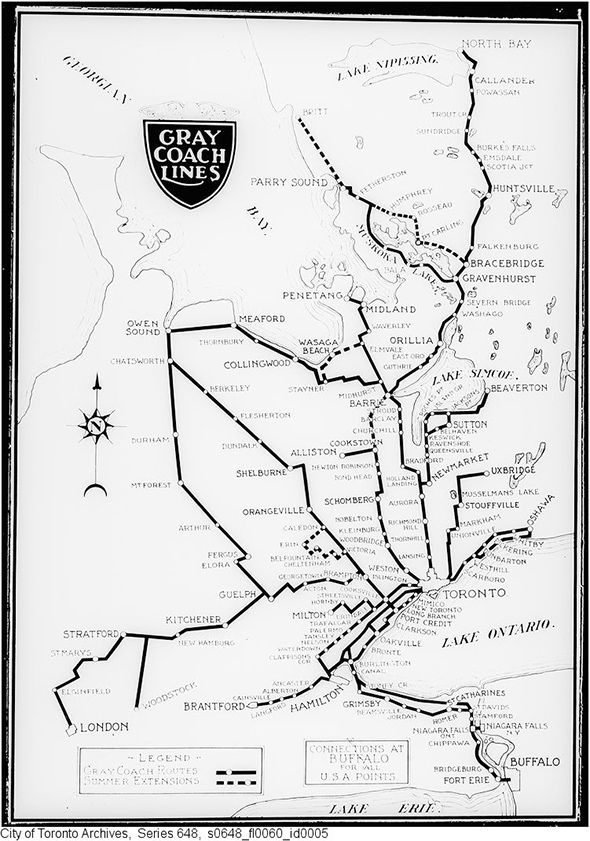Greyhound remains non-core and FirstGroup continues to pursue all exit options for the business in order to conclude the Group’s portfolio rationalisation strategy. Sale discussions are ongoing but the process has been affected by the pandemic’s impact on this passenger volume-based business. The impact on Greyhound’s financial performance and cash generation continues to be mitigated by tight cost control and recoveries of 5311(f) grants for operating key coach services under the US CARES Act. As noted above, c.$250m of the Net Disposal Proceeds will be utilised to buy out the legacy pension and substantially de-risk the self-insurance liabilities associated with Greyhound. The liability de-risking will result in Greyhound having a better capitalised balance sheet, which also includes its substantial property portfolio which the Group will continue to actively manage for value as part of Greyhound’s network transformation plans. For the purposes of the Retained Group pro forma net debt position, c.£15m of finance leases attributable to Greyhound have been excluded.





